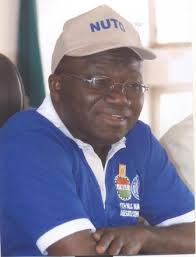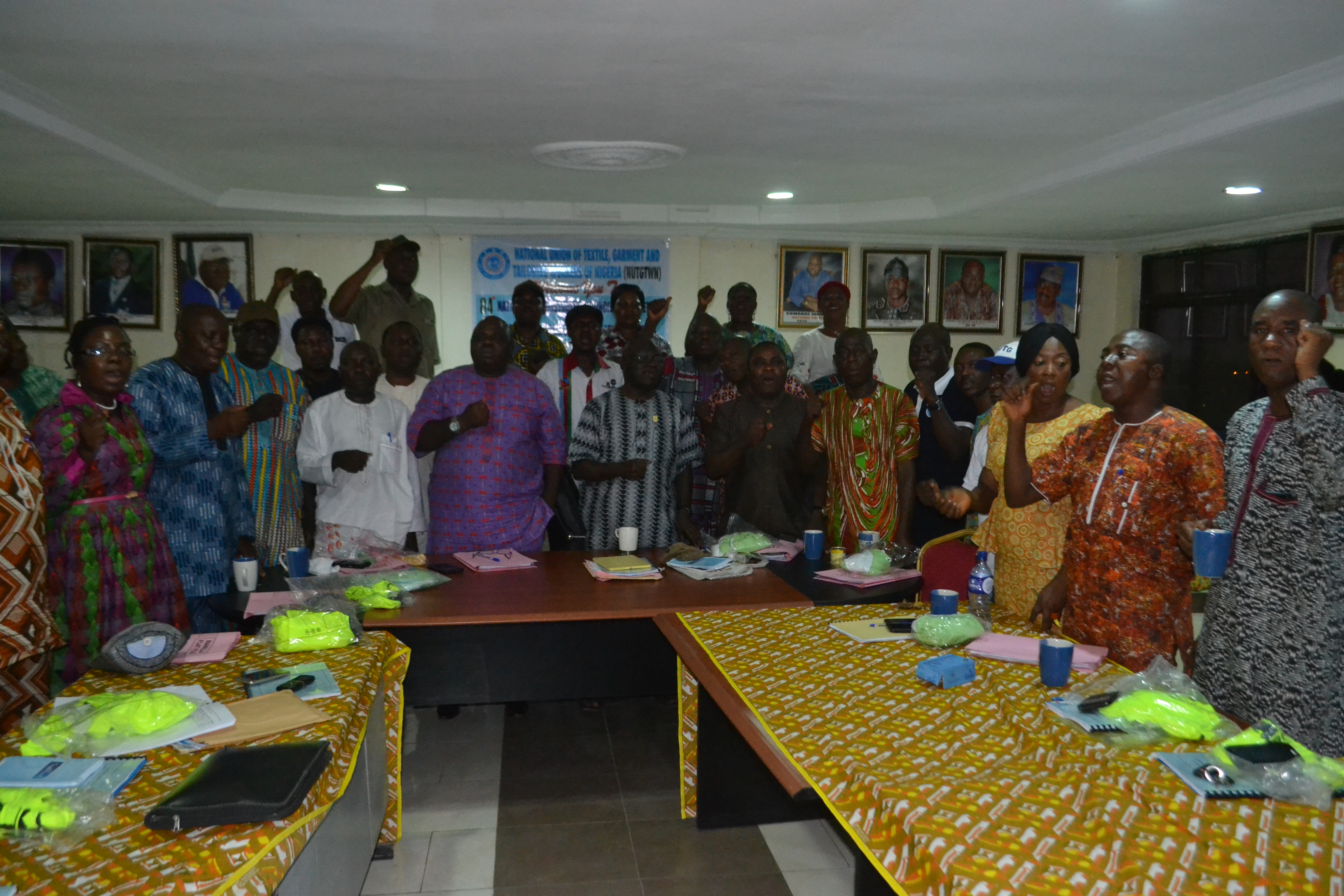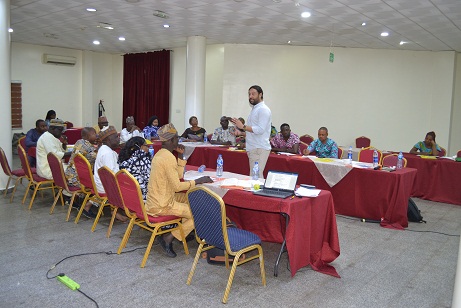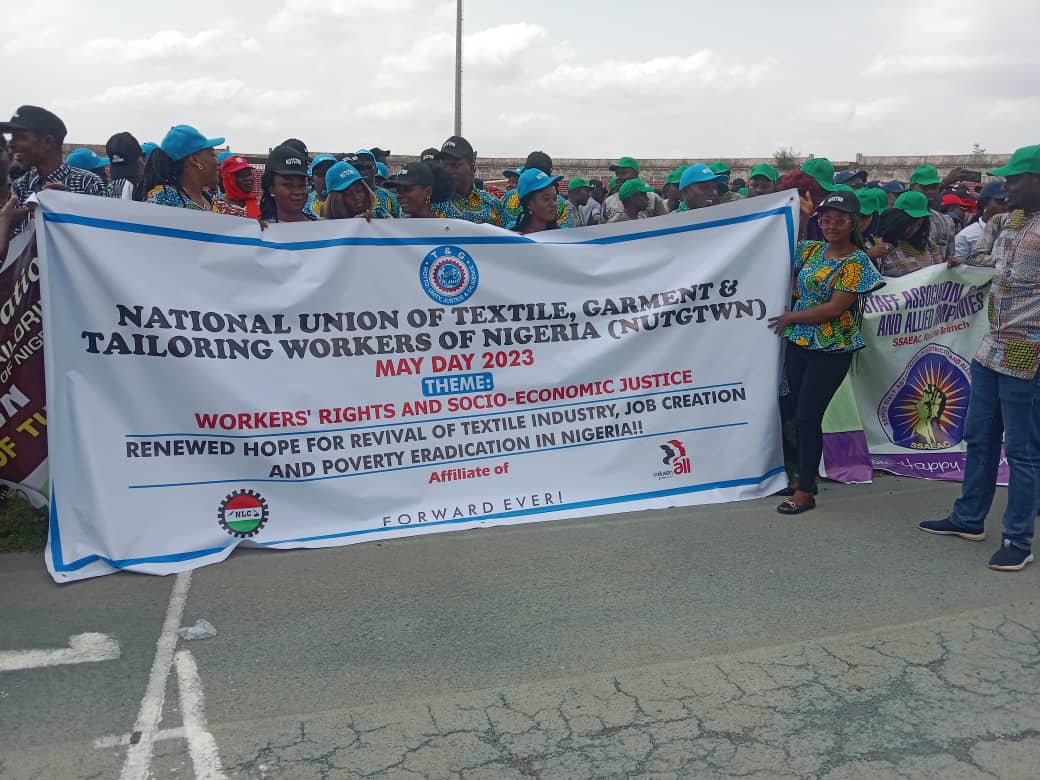
For better, for worse, we are in interesting (economic) times in Nigeria! Since the published Quarterly macroeconomic Accounts (QNA) of National Bureau of Statistics (NBS) last week the bagful of economic star-words can lead to recovery assuming it’s all about talking the crisis. QNA offers “…a reasonable level of detail of the economy that help government to assess, analyze, and monitor economic development”.
As the popular saying goes; every detail harbours some devilish grains! Some devilish details are contained in NBS’ report; nation’s Gross Domestic Product (GDP) grew by -0.36%(year-on-year) in real terms, lower by 2.47% points from growth recorded in the preceding quarter, confirming that South Africa has overtaken Nigeria in the Gross Domestic Product (GDP) rating. Both countries have actually recorded an economic decline in recent times but NBS report shows GDP’s drop in Nigeria’s case was higher compared to South Africa’s. Nigeria’s US Dollar GDP stands at$296 billion, (a 43.2% drop!) from $521 billion last year compared to South Africa’s USD301 billion, (14.7% drop) from last $D353 billion. Apparently Nigeria was never a strong economy as the celebrated 2014/15 rebasing of the GDP had portrayed. All the identified thirteen (13) activities in the Manufacturing sector recorded sharp decline including Oil Refining; Cement; Food, Beverages and Tobacco; Textile, Apparel, and Footwear; Wood and Wood products;
The macro economics are also worse off; 17.1 per cent inflation, more than 10-year high, food inflation rising to 15.8 per cent from 15.3! Naira depreciated to as low as N423 per dollar in the black market, notwithstanding the spirited Central Bank’s interventions. Same with interest rate, officially at 14 per cent but in real terms as high as 25 per cent! There are optimists and enthusiasts of Buhariconomics who have attributed the recession to the past corruption regime, compounded by the low oil prices and criminal attacks by militants on oil and gas facilities cut crude production by about 700,000barrels per day (bpd) to 1.56 million bpd, against government’s 2016 budget assumption of 2.2 million bpd. The Vice President Yemi Oshinbajo who statutorily leads the economic team was even upbeat; NBS’ damning numbers are not as worse as the IMF’s prediction of -1.8% for the full year2016. He promised like President Muhammadu Buhari in
Oshogbo that the “country will be prosperous again”. The question is; Are we to be guided by worse case projections of the IMF or the recent promises of the present administration about quick economic prosperity if voted to power? APC in its manifesto promised maintaining “..sound macro-economic policy environment, run an efficient government …and making our economy one of the fastest growing emerging economies in the world with a real GDP growth averaging 10% annually” not negative growth even if it falls short of IMF’s ever miserable numbers.
Aside from the optimists, there are pessimists who have even long questioned the efficacy of Buhariecomics altogether. Predictably the opposition PDP enmeshed in internal crisis has suddenly found a relevant national voice condemning the recession attributing it to failed policies of the ruling APC. But the most strident are the two past Governors of the CBN, namely Charles Chukwuma Soludo (29 May 2004 to 29 May 2009) and Sanusi Lamido Sanusi (3June 2009 to 20 February 2014). These two voices sound too familiar, academic, predictable but not as useful for an economy begging for solutions for new sustainable development. Nigeria is certainly not a debating society. On the contrary, this country is expected to be a functioning republic guided by 1999 constitution which envisages welfare and security of 170 million citizens not blame games and excuses. It’s time we cultivated a bipartisan problem-solving approach to the current economic crisis. All of us are dammed by the rising inflation, double digit interest rates, factory closures and general underdevelopment. We must therefore collectively confront underdevelopment. My friend and paid enthusiast of Buhari administration, Garba Shehu, Senior Special Assistant (Media and Publicity), in his latest official reflection on economy, harped on the significance of history in nation building. I fully agree with him that we should indeed “Look back” to, in turn “look ahead”. In looking at the past, however let’s “shine our eyes “ to see the despicable as much as the inspiring. My interest here is about policy ideas which once prevented the kind of the latest open theft of commonwealth and which simultaneously unleashed growth and development of the 60s, 70s and 80s before the economic havoc of late 80s sets in. After 30 years of shock therapeutic structural adjustment programme, privatization, trade liberalization and currency/financial liberalization, replaced development planning, Nigeria urgently must replace the current disjointed policies with sustainable national development agenda. “Diversification” is a buzz-word, not substitute for development and industrialization. President Buhari should return to the “so-called archives” (his words!) through the National Institute for Policy and Strategic Studies, NIPSS, Kuru, Jos, and get those policy measures consolidated in Vision 2010, 2020 and 2014 National Conference for immediate implementation. The National Planning Commission must be replaced by federal ministry of planning to ensure implementation of all the policy recommendations. Nigeria needs harmonized monetary and fiscal policies to drive sustainable Development.

General Secretary








